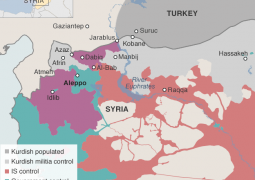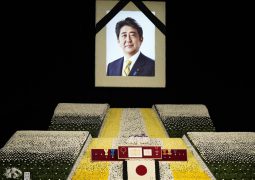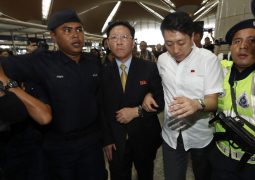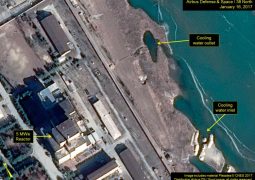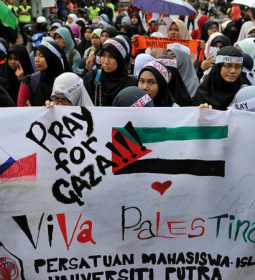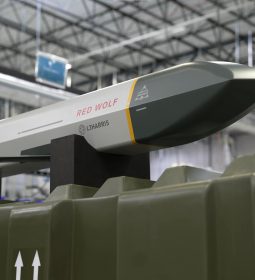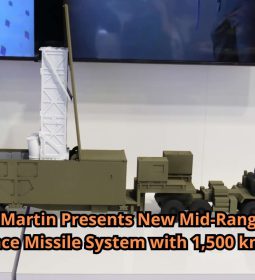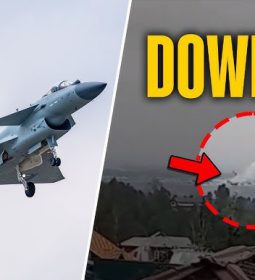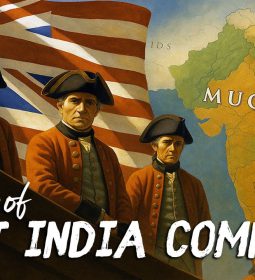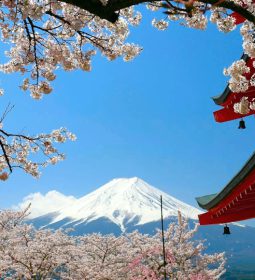Russia’s “delicate missile diplomacy’ and the “unpredictable” self-destruction of EU

by Ahmet Turan
Türkiye’s balanced approach is key to preventing global war in the escalating Russia-Ukraine conflict
In the international relations literature, the combination of the words Russia and the West is always accompanied by a third word: “rivalry.” It was the collapse of the USSR when the international community had the highest hopes that this concept would become a part of history. Those who prepared the Russian Federation, the predecessor of the Soviets, must have had a similar belief, as Georgy Arbatov, one of Gorbachev’s political advisors at the time, announced the collapse of the USSR to the West in the following words: “We will do something very bad to you. We will deprive you of an enemy.” In the 21st century, the famous United States containment policy has become a “stalling” policy.
Although doctrinally unnamed, the main objective of the U.S. policy of stalling has been to draw Russia into a war by various means and methods and to keep it busy. This is because the U.S. has experienced that this tactic was successful a few decades ago when it dragged the USSR into the quagmire of Afghanistan. Although nothing much has changed in terms of the logic of the West, there is a phenomenon that has changed on the Russian side: the “Putin factor.”
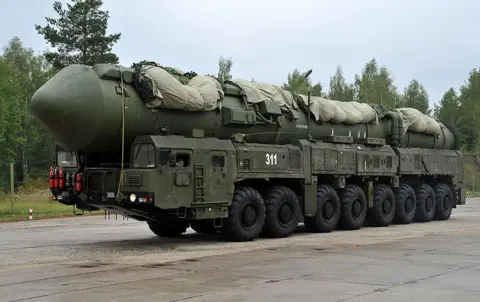
Entering the 21st century with Russian President Vladimir Putin, Russia has entered a rapid recovery process, but the U.S. has not changed the tactic that it thought it won by dragging Putin’s Russia into the Georgia and Ukraine adventure. Today, the deaths of more than half a million people in a conventional war in the heart of Europe are reminiscent of the Europe of the 17th century. The idea that Putin is responsible for this situation is correct but incomplete. The rationality of the reactions of Russia, which the West is trying to corner with its total support, can also be questioned.
In an interview he gave years ago for the eponymous documentary directed by Andrey Kondrashov, Putin explained that he should not be cornered as follows: “I was going down the stairs when I saw a mouse. I started chasing it. I chased it until I cornered it. Then it turned round and started chasing me. It was jumping from one staircase to another, trying to jump on my head.” Russia’s reaction to aggression in Abkhazia in 2008 and in Ukraine in 2014 can be considered as the leaps of this mouse. However, when it comes to the current process, unlike the traditional Putin reaction, we can talk about a “put off.”
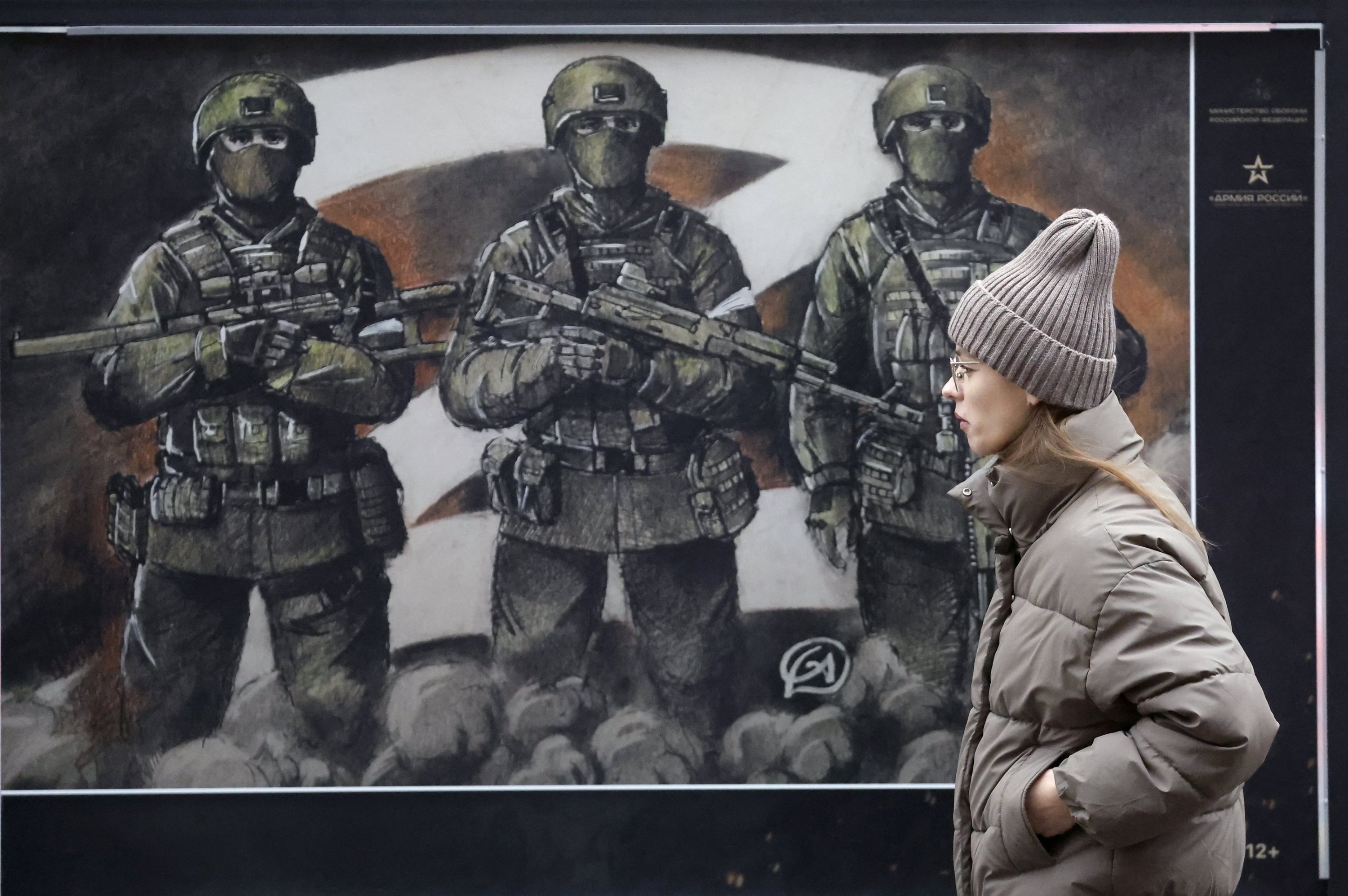
‘Special military operation’
The months-long propaganda of the Western media apparatus that “Russia will invade Ukraine” bore fruit in February 2022, and Russian troops set off for Ukraine with Moscow’s announcement of a special military operation. The images of Russian soldiers asking Ukrainian soldiers for fuel for their tanks with jerry cans in the media of the period are actually one of the ‘innocent’ proofs that Russia was dragged into the war as a result of propaganda. However, the war will soon enter its third year and threaten world peace.
The dangers of U.S. President Joe Biden’s unconditional support for Ukraine and most European governments have not yet been fully realized. In the past three years, the war between two actors in the world’s wheat granary has caused great outrage in the global grain supply chain. Another moral contradiction of the war is the West’s double-standardized display of solidarity in support of Ukraine, which it failed to show during Israel’s occupation of Gaza. However, it should be emphasized that the world is now evolving towards a countdown process. Unfortunately, Foreign Minister Hakan Fidan’s words ‘either a great war or a great peace’ in reference to Israel’s genocide in Gaza are equally valid for the Russian-Ukrainian front line.
The Biden government’s intervention with petrol on fire in Europe is gradually changing the dimension of the war. However, far from the traditional Putin approach, Russia’s response to the U.S. moves only at the document level can only put off the expected end. In this context, the most critical development that escalated tensions in 2024 was undoubtedly Ukraine’s attack with long-range missiles procured from the U.S. On Nov. 17, 2024, the Russian Ministry of Defence announced that it had used six ATACMS missiles in its attack on the Bryansk region, five of which were destroyed. Unlike the new U.S. President-elect Donald Trump, who set out with the claim that he could end the Russian-Ukrainian war in 24 hours and win the U.S. elections, the missiles supplied to Ukraine by the Biden government are dynamites of global stability.
Putin responded to this move by signing a document known as the “Nuclear Doctrine,” which raised the alarm level. The document, which was signed on Nov. 19, 2024, two days after Ukraine’s missile attack, basically allows Russia to respond to attacks on Russian territory by ballistic missiles, uncrewed aerial vehicles or warplanes with the support of another country possessing nuclear weapons. This doctrine, considered the “Russian translation of the Eisenhower Doctrine in 1957,” also proves that development is not directly proportional to time. The factor that such crisis periods need the most is the presence of a stabilizing actor.
Türkiye as a stabilizing actor
The Russian-Ukrainian war has been subjected to irrational attitudes of Western actors both at its beginning and as it progressed. In this respect, Türkiye was one of the actors and perhaps the only one to adopt a reasonable attitude toward the emergence and course of the war. The first indication of Ankara’s balanced attitude at the beginning of the war was its announcement that it would fully implement the Montreux Convention in both countries, which are also Black Sea littoral states. On the other hand, the war between the two countries, the granaries of the world, led to a food supply crisis. In this regard, Ankara has taken the initiative as a mediating and balancing actor. With the Black Sea Grain Initiative launched in this context, Türkiye, in coordination with the United Nations, has enabled more than 33 million tonnes of grain to meet the rest of the world.
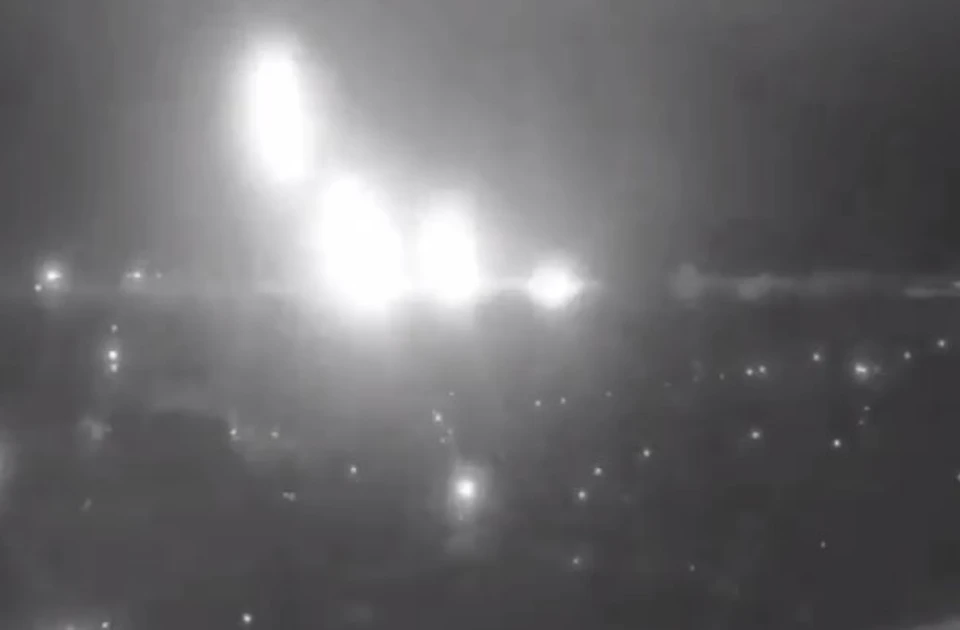
Today, Ankara is making special efforts to prevent an escalation of the war. Turkish diplomats, who warn their Western counterparts on a daily basis about the dangers of Putin’s Nuclear Doctrine, are paying close attention to this situation. Indeed, Turkish Foreign Minister Hakan Fidan reiterated his warning that this escalation, which authorizes the use of nuclear weapons, should be taken seriously with the following words: “From the moment the nuclear name is mentioned, nuclear risk is created. This is no joke.”
Türkiye’s acting as a rational actor aware of the risks of war, while the West’s behavior based on the rhetoric of unconditional support for Ukraine brings humanity one step closer to a global war. In this war, which is rapidly dragging the world, except for a few warlords, toward an economic bottleneck, the West can only put off a possible global war as long as the issue of negotiating with Russia at the diplomatic tables is put off. However, they should pay attention to the following words of Benjamin Franklin, one of the founding fathers, whose face American politicians look at every day because of his picture on their currencies, “You may delay, but time will not.”
- Previous Trump wows to keep US Steel in American hands and pledges to ‘block’ Nippon Steel from taking over
- Next “Pro-Communist” parliamentary forces in South Korea successfully block martial law, imposed by Yoon Suk-yeol, guitar player president




